Can NAD+ Help With Infertility?
NAD+ (nicotinamide adenine diucleotide) is an enzyme consisting of adenine and nicotinamide. Most importantly, it is involved in critical steps of the electron transport chain in the mitochondria (like CoQ10) responsible for generating energy (ATP). It also is an important signaling molecule which can effect cellular transcription of proteins and DNA repair. As we age, egg quality decreases in step with declining levels of NAD+. Proposed benefits of NAD+ supplementation (often through the metabolic precursor nicotinamide mononucleotide or NMN) include improving egg quality, restoring fertility potential, and rescue reproductive capability.
NAD has been shown in mouse models to reverse some of the effects of age related declines on egg quality and infertility.
Study: NAD+ Repletion Rescues Female Fertility during Reproductive Aging (Bertoldo et al. 2020).
Methods: Animal study on mice, supplementing the diet with NMN. They supplemented mice with 2g/L NMN for 4 weeks.
Results: NAD(P)H levels declined in the eggs of aged mice, but not in the ovary. NMN supplementation increased NAD+ levels in the whole of the ovary. Oocytes (eggs) from mice treated with NMN had a larger diameter (which may be relevant given that oocytes with smaller diameters are associated with poorer outcomes following IVF), trended towards improved blastocyst formation rates. Length of NMN treatment correlated with improvements in inner cell mass size (which is highly predictive of pregnancy success). Embryos cultured in the presence of NMN showed improved blastocyst formation in embryos from ages females, but not in young females. Offspring of mothers treated with an NMN diet showed no signs of physiological or behavioral changes, other than a small increase in lean body mass. This is in line with other data showing NAD+ supplementation during lactation/breastfeeding is not harmful and may be beneficial for offspring.
Conclusions: This study was on mice, not on humans, but showed that NAD(P)H levels decline with age, and NAD+ repletion using NMN restores egg quality, enhances ovulation rate, and improves fertility. Separately, embryos cultured in a medium containing NMN can have reductions in age related detriments. NAD+ benefit may be related to improved energy supply, in high demand cells such as oocytes undergoing cellular division for reproduction.
Our take:
As this study was performed on mice, there are crossover studies with humans which need to be performed to determine optimal dosing, frequency, and duration. NAD+ can be supplemented in oral, intramuscular, and intravenous formulations. Our recommendation is to start an oral supplement, in 150mg or 300mg dosage daily as tolerated, starting >90 days before trying to conceive. When starting <90 days from IVF, IV or IM formulations of NAD+ can be helpful. These formulations can more directly increase NAD+ levels in the body and achieve optimal serum concentrations more quickly. We recommend 250 to 500mg IV weekly for 4-6 weeks before IVF, along with continuing oral supplementation. Like any supplement, if you experience any significant side effects (such as headaches, flushing, chest palpitations, or worsening anxiety), please stop taking them.

